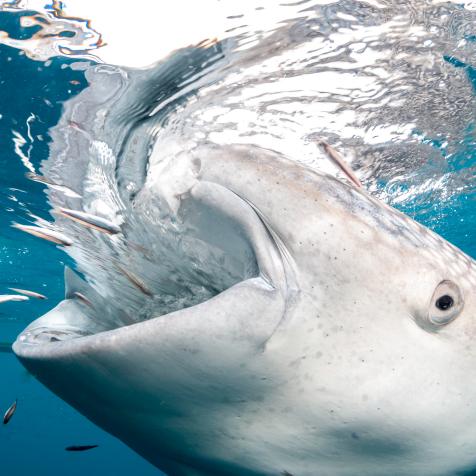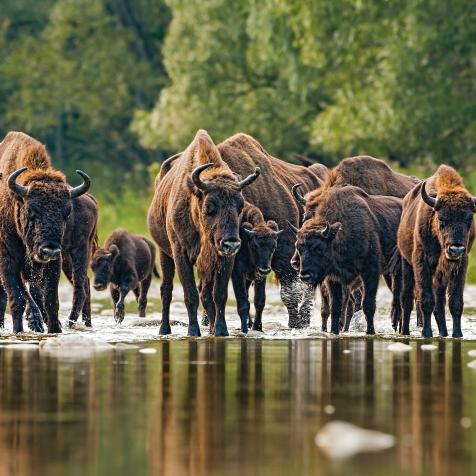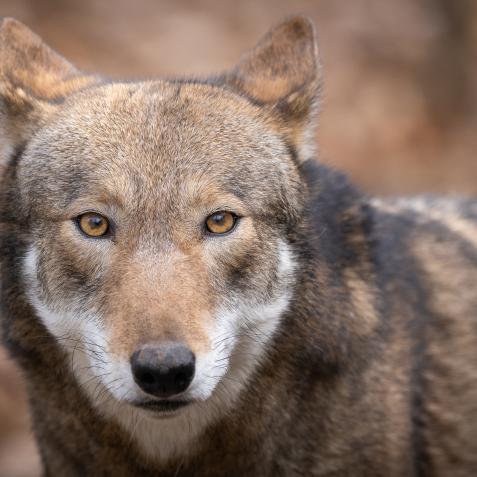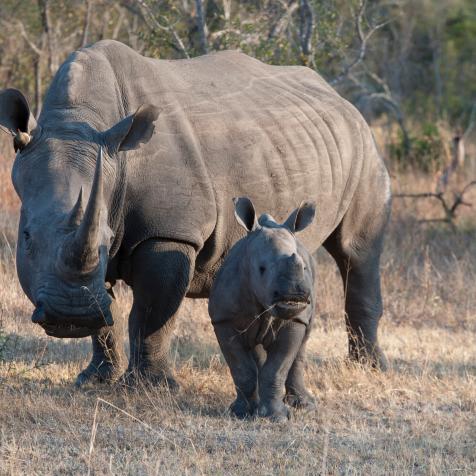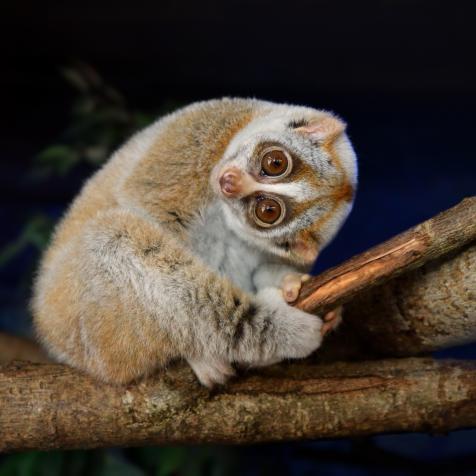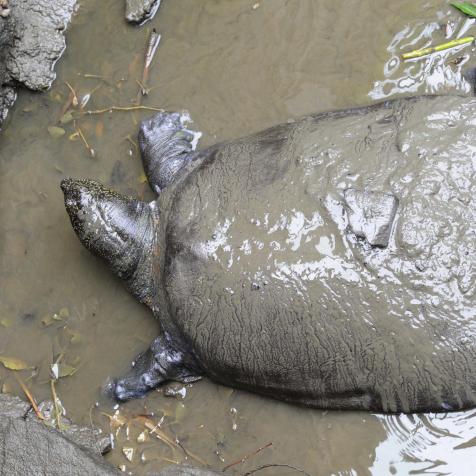
Jerome Mallefet/National Fund for Scientific Research, Catholic University of Louvain
Meet the Deep Sea Sharks that Glow in the Dark

The largest bioluminescent creature on land or sea was found in the ocean near New Zealand.
Before you GLOW your mind over the latest in bioluminescent shark research, first consider that Kitefin Sharks were discovered in 1788 with the included characteristic of ‘not a Sandtiger Shark’. Sure, that’s some heavy paraphrasing from a 232-year-old Italian journal and since then, sure, scientists realized Kitefin Sharks could bioluminesce, but it's only now in 2021 that the how’s and why’s are being answered.
Kitefin Sharks are not only the largest of the luminous sharks, this study found that they’re the only ones to light up their dorsal fins and possess a type of dermal denticle (aka shark scale) that until now, had never before been associated with bioluminescence.
The functionality of bioluminescence was also examined in this study for the first time in two Lanternshark species, the Southern Lanternshark, and the Blackbelly Lanternshark (with the Velvetbelly Lanternshark being the first in 2009). This rapid fire of ‘firsts’ in the study of glowing sharks was only made possible by the examination of living specimens at sea, kept in ice-water tanks, in dark rooms.
Now consider that from the initial discovery of Kitefin Sharks to today, it has been over two hundred years before researchers were able to study these sharks alive! Mind ‘glown’.












